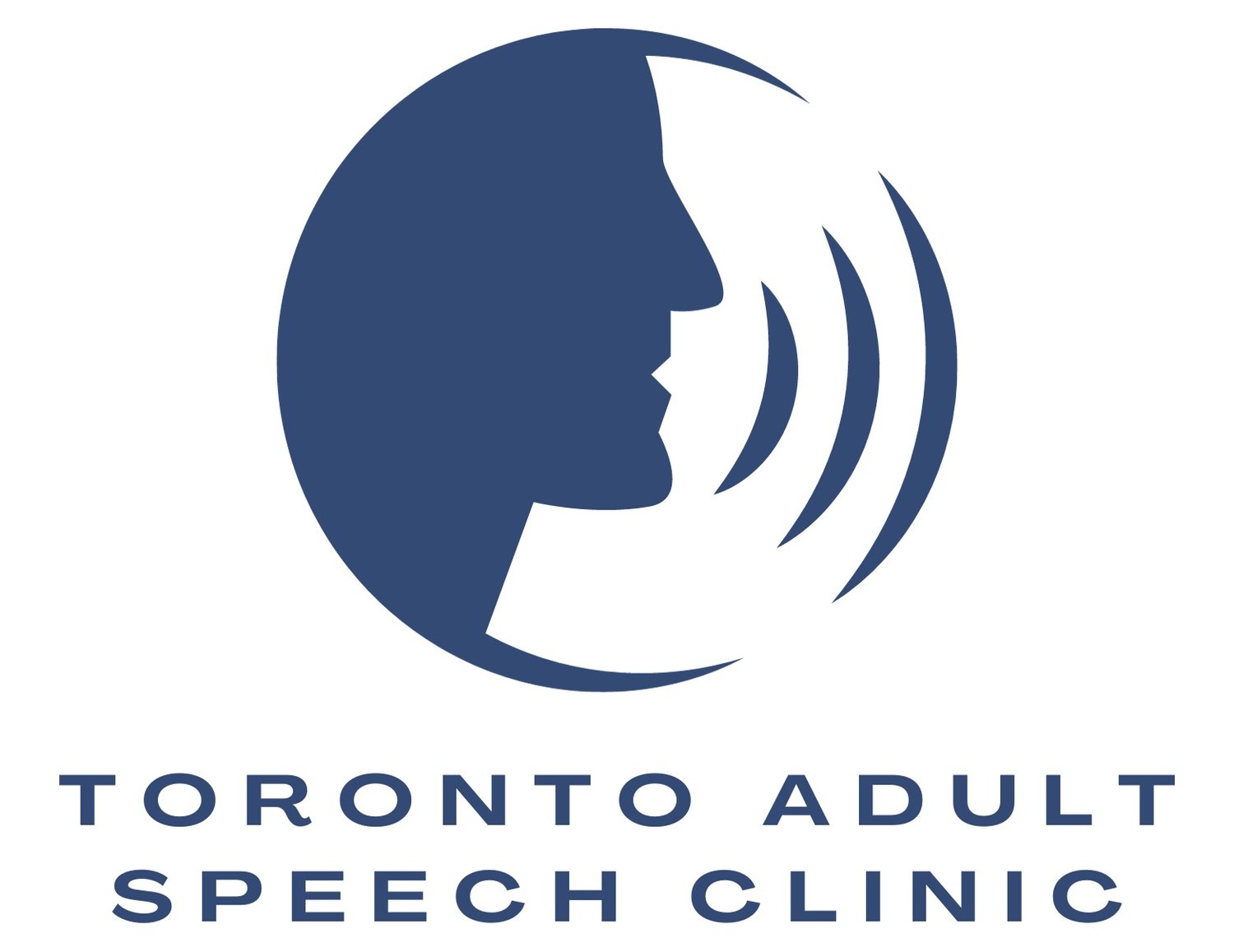Treatment for Neurodegenerative Disorders
Neurodegenerative disorders are characterized by a decline in the brain's function over time, which can happen rapidly or slowly depending on the person. Due to the fact that neurodegenerative disorders are so variable in how their symptoms present, it has difficult to anticipate how someone's speech, swallowing, voice, communication, or cognition could be affected. Possible neurodegenerative disorders impacting the speech system (speech, swallowing, voice, breathing) include but are not limited to:
- Alzheimer's Disease
- Dementia
- Primary Progressive Aphasia (PPA)
- Hereditary Ataxia
- Multiple Sclerosis
- Parkinson's Disease
- Fahr's Disease
- Huntington's Disease
At TASC, treatment for this adult population is designed to help manage symptoms and anticipate possible communication or swallowing needs before they arise. With your consent, we will also openly communicate and collaborate with your entire circle of care to make sure you receive the most holistic and transparent approach to treatment possible.
Contact TASC today to book your initial consultation and see how we can help you manage your unique needs.
Swallowing Assessment and Treatment at TASC
The ability to swallow food and/or drinks is often impacted by neurodegenerative conditions. A speech-language pathologist can help manage the symptoms and assess your swallow regularly or as needed to ensure you are swallowing safely. If not effectively managed, difficulties with swallowing can lead to food or other foreign substances entering the lungs and may lead to aspiration pneumonia.
If you have noticed a change in your ability to swallow recently or are experiencing any of the following symptoms when eating or drinking, a speech-language pathologist might be able to help.
- Sensation of food getting stuck in the mouth or throat
- Chronic coughing
- Persistent coughing or choking when swallowing food or drink
- Excessive throat clearing
- Sour or bad taste in the mouth (particularly in the morning)
- Difficulty with different textures, temperatures, or types of food
- Difficulty clearing food from the mouth
- Shortness of breath during eating
- Thick secretions (mucous)
Assessment by a speech-language pathologist can help to identify the specific issues with swallowing, and make recommendations for appropriate strategies or treatment. In some cases, our speech-language pathologist might recommend that you ask your family doctor for a referral to a hospital where a speech-language pathologist will conduct a videofluoroscopic (VF) study of your swallow. During this study, an x-ray will be used to "look inside" and see what is happening when you swallow. If you have had a VF study of your swallow done recently, be sure to bring any information or a report when you meet our speech-language pathologist.
Contact us today to book your initial consultation and meet with a speech-language pathologist to discuss your swallowing concerns.
